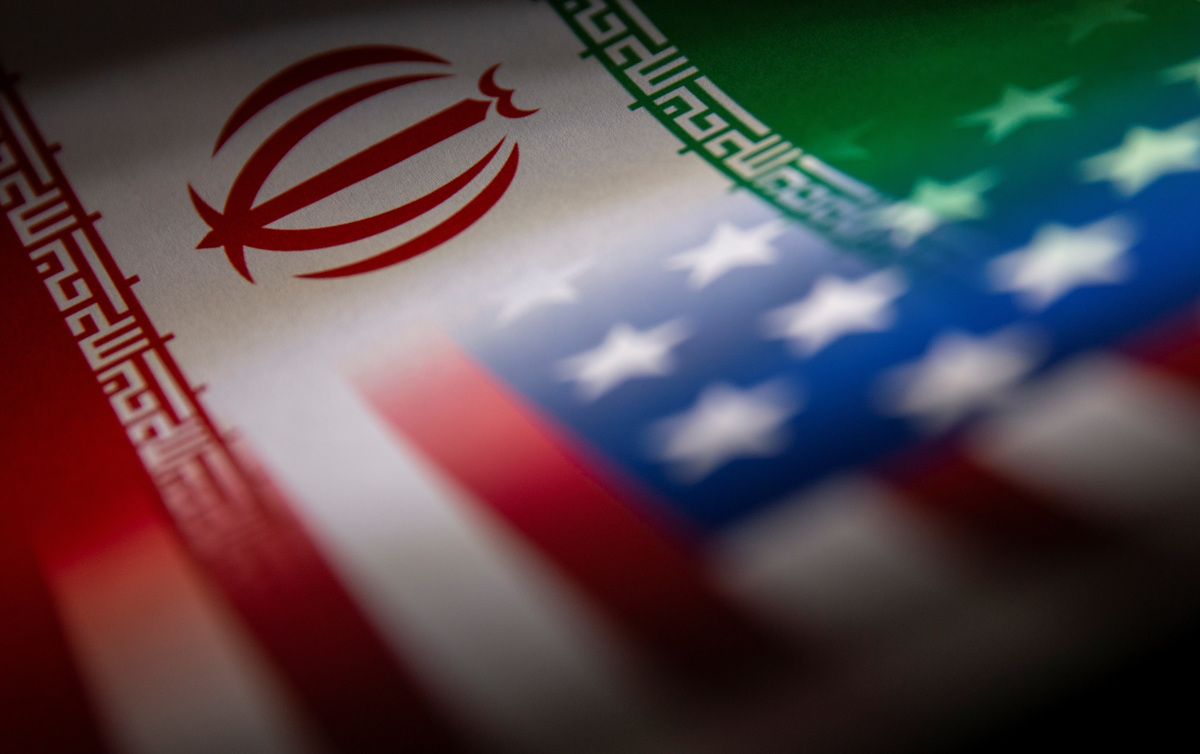Oil prices dropped after touching the $90 per barrel mark on Thursday as traders awaited clarity on potential OPEC+ cuts next week and as the dollar eased off 20-year highs.
Brent crude futures fell 65 cents to $88.67 by 1:53 p.m. EDT (1753 GMT), after earlier rising as high as $90.12. U.S. crude futures for November fell 46 cents to $81.69 a barrel.
Leading members of the Organization of the Petroleum Exporting Countries and its allies, known as OPEC+, have begun discussions about an oil output cut at their next meeting on Oct. 5, three sources told Reuters.
One OPEC source told Reuters a cut was “likely”, while two other OPEC+ sources said key members had spoken about the topic.
Reuters reported this week that Russia is likely to propose that OPEC+ reduce oil output by about 1 million barrels per day(bpd).
“Seesaw trade may be common over the next week, unless we get more clarity from OPEC+ sources on the likely size of any adjustment and what it means for previous missed quotas,” said Craig Erlam, senior markets analyst at OANDA.
The market also eased as the threat of Hurricane Ian receded with U.S. oil production expected to return in coming days after about 158,000 bpd was shut in the Gulf of Mexico as of Wednesday, according to federal data.
Crude benchmarks have rebounded from nine-month lows earlier this week, buoyed by a dip in the U.S. dollar index and a larger than expected U.S. fuel inventory drawdown.[USD/][EIA/S]
The dollar index dropped again on Thursday, easing off 20-year highs, indicating some more risk appetite from investors.
“Inflation fears and the Feds determination to deal with them had risk assets on the ropes for much of the session, but the dollar slide to negative territory has put a bid in crude oil,” said Robert Yawger, director of energy futures at Mizuho.
Further support for oil prices could come from the United States announcing new sanctions against entities that facilitated Iranian oil sales.
“I think traders have almost given up on a nuclear deal being agreed and this announcement from the U.S. appears to be a make or break move,” said Erlam.
In China, the world’s biggest crude oil importer, travel during the forthcoming week-long national holiday is set to hit its lowest level in years as Beijing’s zero-COVID rules keep people at home while economic woes curb spending.







